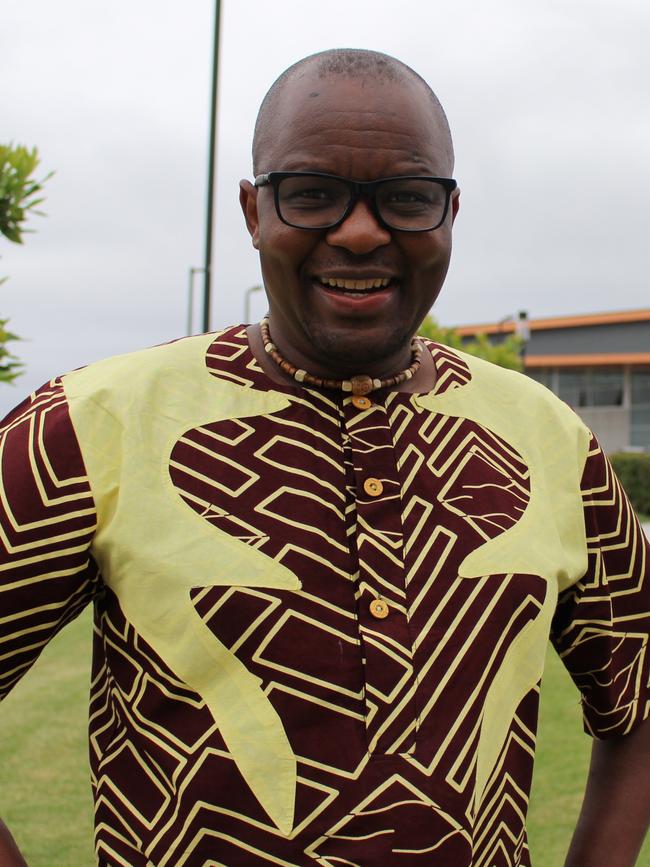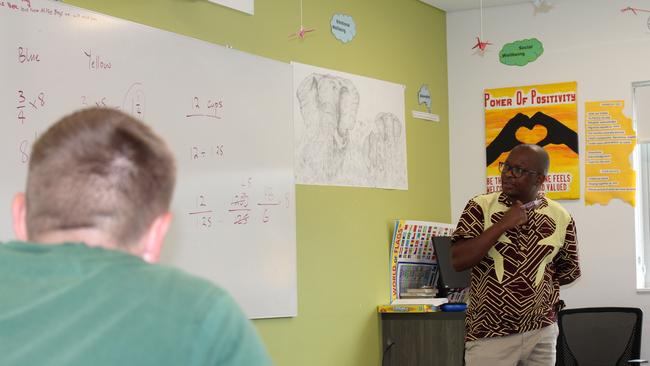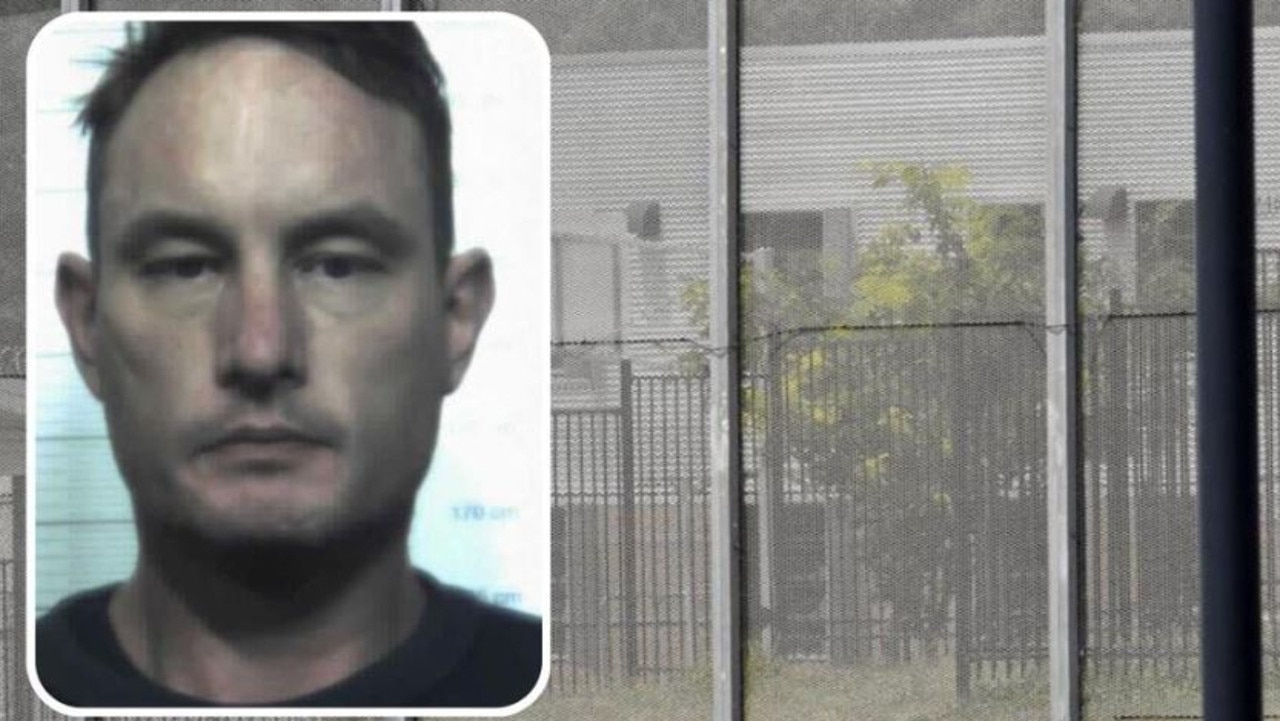Meet Allan, the man changing lives on both sides of the world
Allan Chidziva’s passion for education has taken him from a rural village in Zimbabwe to a prison on the NSW south coast where he helps inmates develop skills to live a successful life on the outside.

The South Coast News
Don't miss out on the headlines from The South Coast News. Followed categories will be added to My News.
A desire to support others has seen Allan Chidziva journey from the Zimbabwean village of Chikwaka to the south coast of NSW where the eternal optimist teaches inmates at Nowra prison vital literacy and numeracy skills.
Friday marks National Corrections Day, with the 2022 theme ‘Giving Back’ focusing on the thousands of correctional officers, like Mr Chidziva, making vital contributions back to their communities.
Due to social and political unrest, Mr Chidziva migrated to Australia in 2003 after hearing how Australia is “a good place to be”.

Mr Chidziva was studying at Melbourne’s Monash University before an off-the-cuff conversation led him towards his career with Correctional Services NSW.
“It all happened by chance,” he recalled.
“I was studying for a postgraduate degree at Monash where I met a friend who was working with the Australian Defence Force. Over lunch he suggested I join and raised it with defence recruiting.
“Everything happened from there. I signed up in 2009 for the Royal Australian Education Core. I was there for five years (in Melbourne, before relocating to Sydney) and the time came for me to move to another state.
“I had the chance to move to the Northern Territory, but I didn’t want to move my family from Jervis Bay so this is when I started teaching at the South Coast Correctional Centre.”
Mr Chidziva and his colleagues run an intensive six-month numeracy and literacy programs for up to 20 inmates at a time. The groups are also assisted with developing core computer skills, as well as getting a greater perspective on what is important in life.
“It is very satisfying for me,” he said.
“Where can you go in society when you don’t have these skills? To give them these skills, to function in society, is very important to me. I look at it from the perspective of like they can go out and help their kid do their homework and that’s really rewarding.
“We look at budgeting and come up with figures on how much they want and need to live well. Some say they want a $100,000 car and a five-bedroom house and they have no idea how out of touch that is with reality.
“‘What do you offer society to be rewarded with that?’ I am in the privileged position to make them see there is hope and that they can achieve what they desire in their life.”
Even though Mr Chidziva emits a bullish enthusiasm, he acknowledges it can be a difficult work environment. However, he knows how important his role is to improving people’s lives and the wellbeing of the community.
“Being in prison is not easy,” Mr Chidziva said.
“I was born into a different society, economy and country. I’m a beneficiary of people who’ve been very good to me so I just always think that I have to give back. I have that sort of passion here, not just to be a teacher but to be a role model because I know some of the guys here have had a difficult upbringing.
“It is a difficult environment, people have a lot of trauma and it is important to build and understand and report with them. Like everyone, (inmates) are still people even though they are in prison. They want to have a better life.”

Mr Chidziva’s commitment to helping people isn’t confined to prison walls with the 46-year-old active with Bomaderry Rotary Club as well as fundraising for him for his home village more than 11,000km away.
“I still have family in Zimbabwe and when I visited I went back to my old school,” he explained.
“I looked at the state of the resources and they were still using Blair (pit) toilets made in the 70s where kids would go in with no shoes. So with the help of friends at work were able to build a girl’s toilet block.
“Now we are helping support 21 girls by sponsoring their education and keeping them in school. Once a girl leaves school in Zimbabwe there’s nothing to do so that’s why you get child marriages and people getting trafficked. It’s important to me to ensure the girls in the village have a better start in life.”
Mr Chidziva is among 10,000 Corrective Services NSW staff celebrated on National Corrections Day, Friday 21 January, for his commitment to community safety and reducing reoffending.





